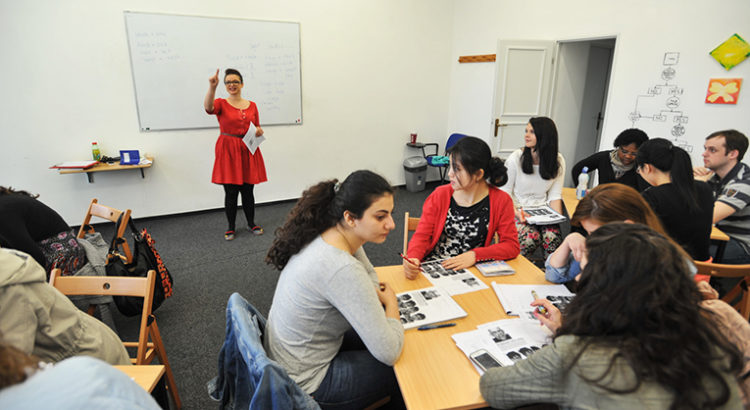Prague/July 25, 17/Source: http://praguemonitor.com
Some 1.7 billion crowns originally designated for the rejected teachers’ career advancement system will probably remain in the Czech Education Ministry’s budget for 2018, Education Minister Stanislav Stech told reporters after his talks with Finance Minister Ivan Pilny on Monday.
Stech (for senior government Social Democrats, CSSD) would like to spend the money on the introduction of some elements from the career advancement system the amendment on which the Chamber of Deputies, the lower house of Czech parliament, turned down in July.
Stech and Pilny (ANO) did not talk about particular sums within the education budget on Monday.
According to the budget draft, the Education Ministry is to get some 160 billion crowns for 2018, while the sector originally demanded 172 billion. This year the ministry has some 148 billion at its disposal.
Stech said he believed that he would manage to increase the budget of higher education facilities as well.
His predecessor Katerina Valachova (CSSD) proposed that the universities’ budget rise from 21 billion to 27 billion crowns next year, while the sum for university teachers’ salaries, investments and post-graduate students in doctoral programmes should rise by 4.5 billion crowns.
However, the Finance Ministry only plans a 100-million-crown rise so far.
Representatives of higher education facilities and trade unions insist on a more significant rise. If they fail with their demand, they plan to take some pressure steps in September and October.
Stech said he would like to secure a rise in the universities’ budget that would lead to «differentiation» of their quality and performance.
Pilny said he was willing to keep negotiating about these demands.
Stech also said he would like to use the money from the career advancement system mainly to fund regional schools.
Pilny assured him that he still considered the school system a priority though they had not yet reached consensus on particular budget sums.
Stech will have to decide whether he wants to use the money for regional schools, teachers’ salaries or universities, Pilny added.
Both ministers also discussed the funding of school inclusion this year.
The Finance Ministry has already found 400 million crowns in the budget that the Education Ministry can spend on supportive measures and aids for children with special educational needs, Pilny said.
The ministers will debate the 2018 budget again in about a month.
Source:
http://praguemonitor.com/2017/07/25/education-ministry-keeps-money-teachers-career-system








 Users Today : 168
Users Today : 168 Total Users : 35459763
Total Users : 35459763 Views Today : 320
Views Today : 320 Total views : 3418292
Total views : 3418292